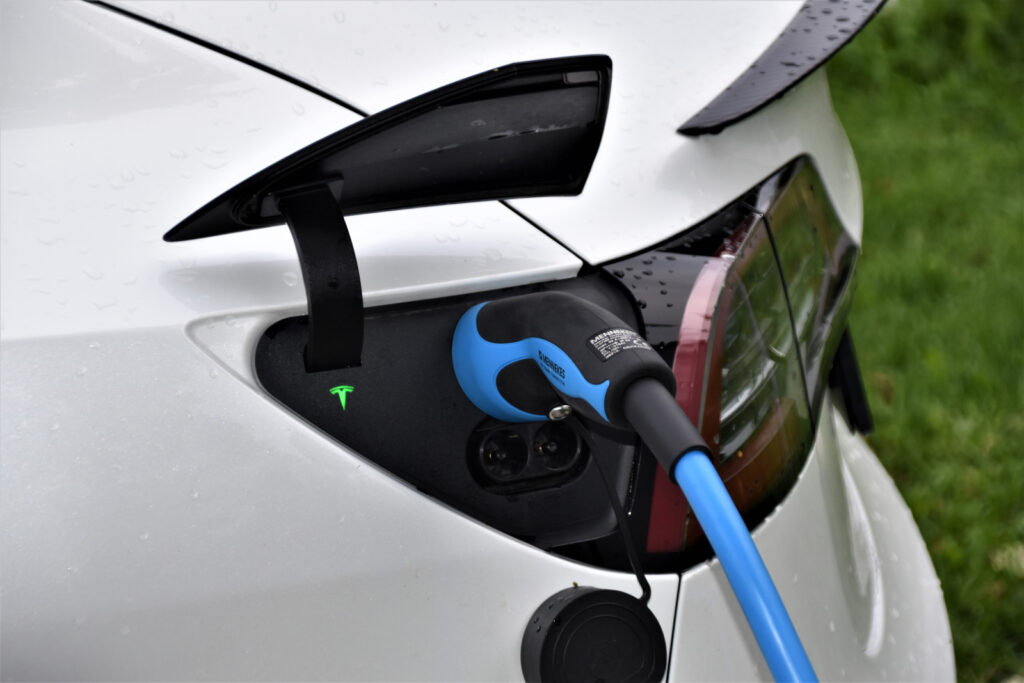
In September, Tesla announced that it would be phasing out the use of cobalt in its batteries, in an effort to produce a US$25,000 electric vehicle within three years. If successful, this bold move will be an industry game changer, making electric vehicles competitive with conventional counterparts. But the announcement also underscores one of the fundamental challenges that will complicate the transition to electric vehicles. Without cobalt, there may be little financial incentive to recycle the massive batteries used to power the cars — and that could lead to an environmental disaster.
But electric cars have their own dirty little secret: Every electric vehicle, and most hybrid vehicles, rely on large lithium-ion batteries weighing hundreds of pounds. One of the largest, the battery for the Mercedes-Benz EQC, comes in at 1,400 pounds. Typically made with cobalt, nickel, and manganese, among other components, these batteries cost thousands of dollars and come with an environmental burden: They require ingredients sourced from polluting mines and smelters around the world, and they can ultimately contaminate soil and water supplies if improperly disposed.
In the rush to embrace this technology, auto companies are adopting the same pretence that has been embraced by the plastics industry: They are claiming that used batteries will be recycled. However, the truth is being swept under the rug. None of the lithium-ion batteries in electric vehicles are recyclable in the same sense that paper, glass, and lead car batteries are. Although efforts to improve recycling methods are underway, generally only around half the materials in these batteries is currently extracted and repurposed.
Despite ongoing research into recycling technology, this situation is unlikely to resolve itself. Lithium-ion battery makers have yet to develop the technology that can economically extract components in a form that can be used to make new lithium-ion batteries. Rather, the batteries are typically processed to remove the cobalt and a few other expensive metals, with much of the remainder released as air emissions or used as filler in concrete or other construction products. This is one reason why less than five per cent of lithium-ion batteries are currently recycled.
Currently lithium-ion batteries will be dumped, incinerated, or exported to countries with weaker standards, where they will contaminate the environment and threaten public health. Nickel has been shown to cause lung and nasal cancers, reduce lung function, and cause bronchitis. Cobalt can cause serious health conditions such as asthma and pneumonia, and it is a possible carcinogen. Exposure to manganese can result in respiratory problems, loss of coordination, and other neurological problems.
